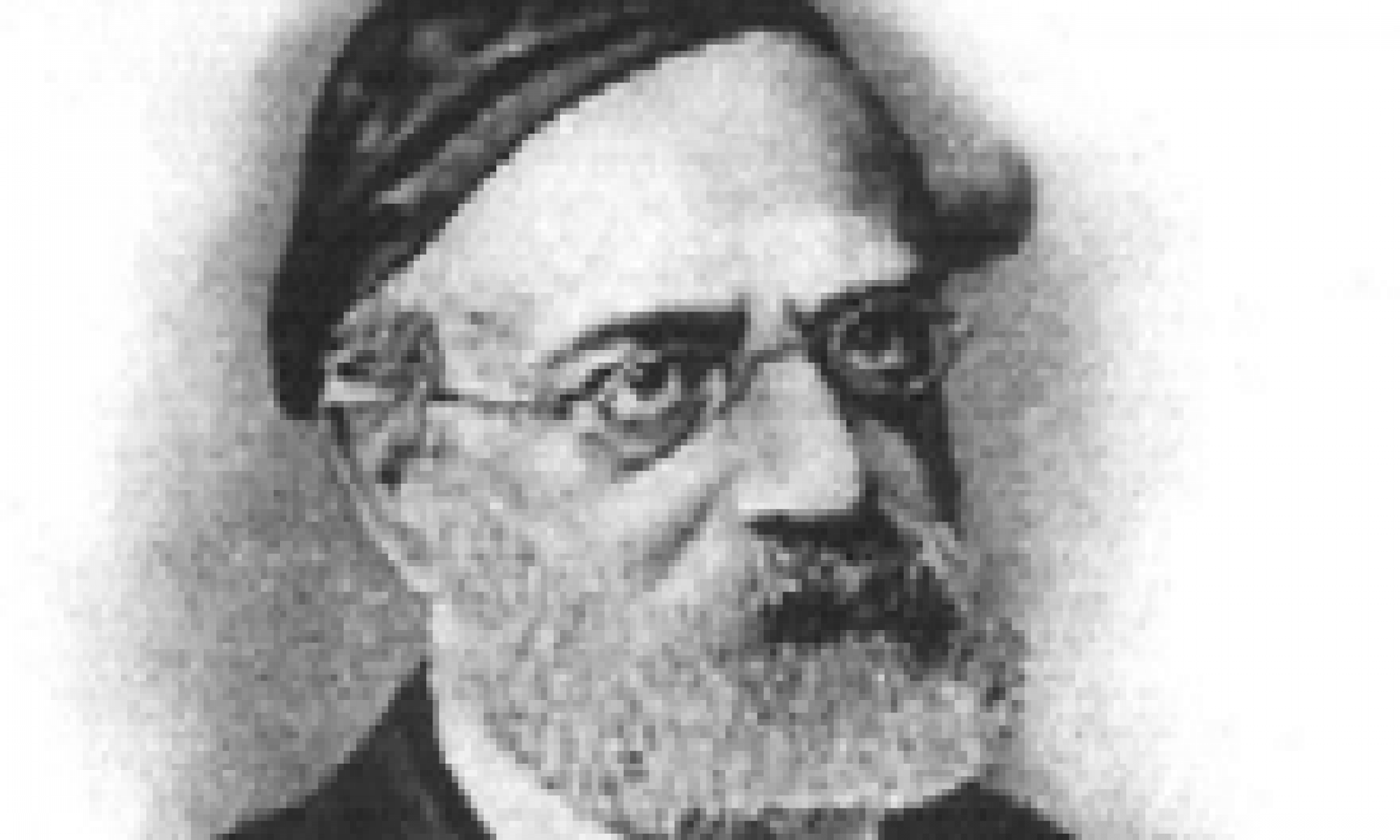Equal
Although all living beings were created male and female, only by Man does the Torah point this fact out. The underlying message in this is that both sexes were created equally by God in His likeness and both are equally given their tasks by God.
This is also evident in the verse changing its wording. At first it states בָּרָא אֹתוֹ but then immediately after the Torah states זָכָר וּנְקֵבָה בָּרָא אֹתָם, indicating that man and woman’s role are of equal importance.
Partners with individuals roles
The Hebrew word for male, זכר, is related to זכר – remember, סגר – close and סכר shut.
The males are the spiritual keepers and links in the chain of the tradition.
The Hebrew word for female is נקבה, meaning to determine, decide, fix.
The woman joins man in his efforts (and concretizes and gives practical meaning to the Torah the man brings into the home. GS)
Beraishis 1:27, Page 33
———
God blessed Man and Woman and to both of them did He give the command to fulfill the mission on Mankind on earth.
Beraishis 1:28, Page 33
———-
Until Woman was created the “good” that was to be proclaimed about the world was not complete. The perfection of the world could never come about without Woman.
Our sages taught us that a without a wife a man cannot become a Man. Husband and wife in marriage can become אדם. See Commentary on נעשה אדם.
Man’s task is too great to accomplish alone. To accomplish this Woman was created for Man. The wording of the Torah expressing Woman’s role is עזר כנגדו, a helper beside him. Nowhere in this role is the notion of sexuality brought up. A woman is not to be the object of Man’s lust. Woman stands parallel to Man, standing beside him, with complete equality and independence, sharing mankind’s mission.
RSRH explains the inner meaning of the word עזר to mean one who helps in a way that relieves the person from some of his tasks, allowing him to focus on the remaining tasks more completely. (See his commentary here for a full explanation.)
God created a woman as opposed to creating another man, because the intention was to create a different kind of person, who would not duplicate the tasks of man, but rather have a different position than man. Man and Woman compliment one another. Woman does not stand with Man but next to him. Each stands at a different point along the same line.
Beraishis 2:18, Pages 64-66
———-
1. Man’s body was formed out of the earth but Woman’s body was formed out of Man’s body which was already a feeling, sensitive being. Our sages teach us that this is the source of a woman’s female character, temperament, voice and her developing both spiritually and mentally earlier than men.
2. At the creation of Woman, Man declares that after searching unsuccessfully all created beings, he could not find anyone who could stand beside him and join him in his mission as אדם until the creation of Woman. No other being on earth has free will. Woman stands alongside Man to become a complete אדם. The name אשה does not imply Woman’s dependance on Man but rather Woman’s equality with Man.
Beraishis 2:22-23, Pages 68-69
———-
In some societies there is an expectation that girls are holy and chaste but the same is not expected of the boys and men. The Torah opposes this thought. Men and women are equally expected to uplift themselves in body and spirit. Men are given the mitzvah of ברית מילה as a warning to be holy in this area of life.
Beraishis 2:25, Page 72

